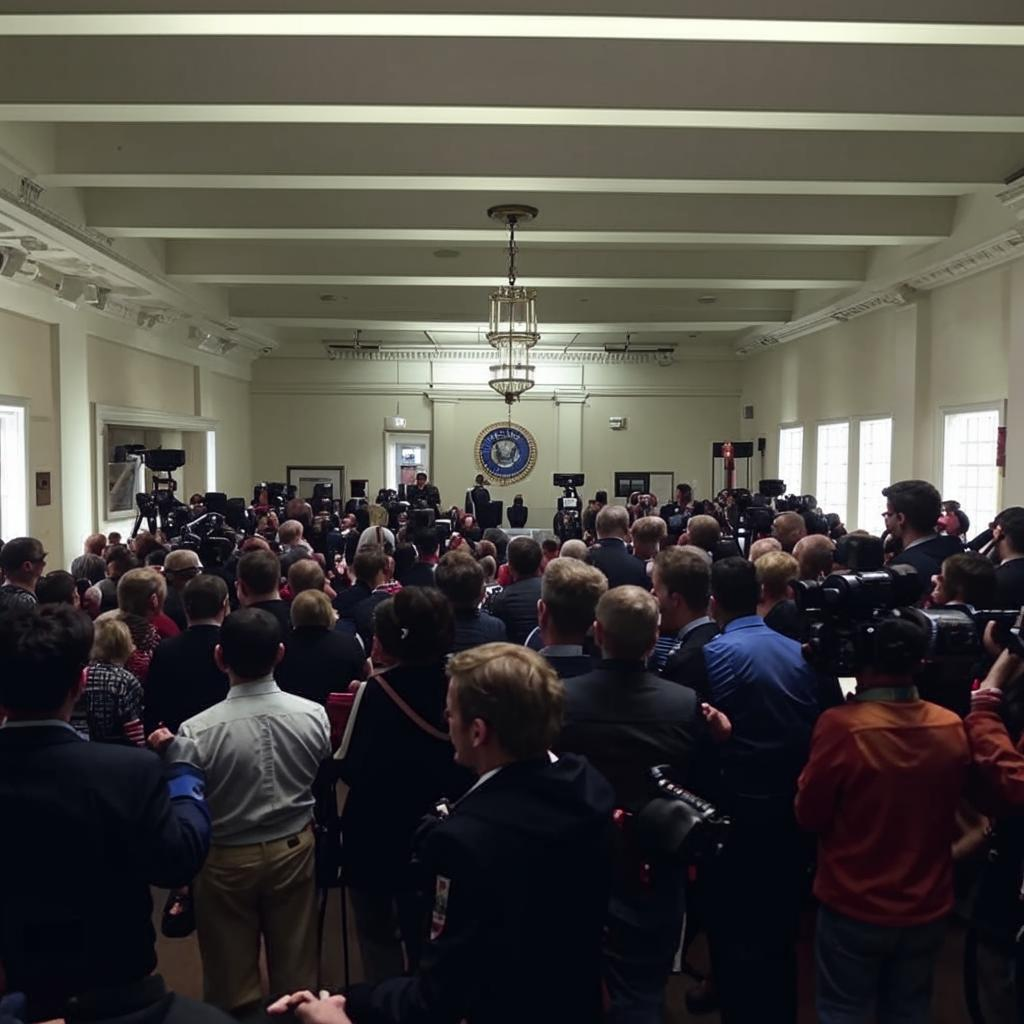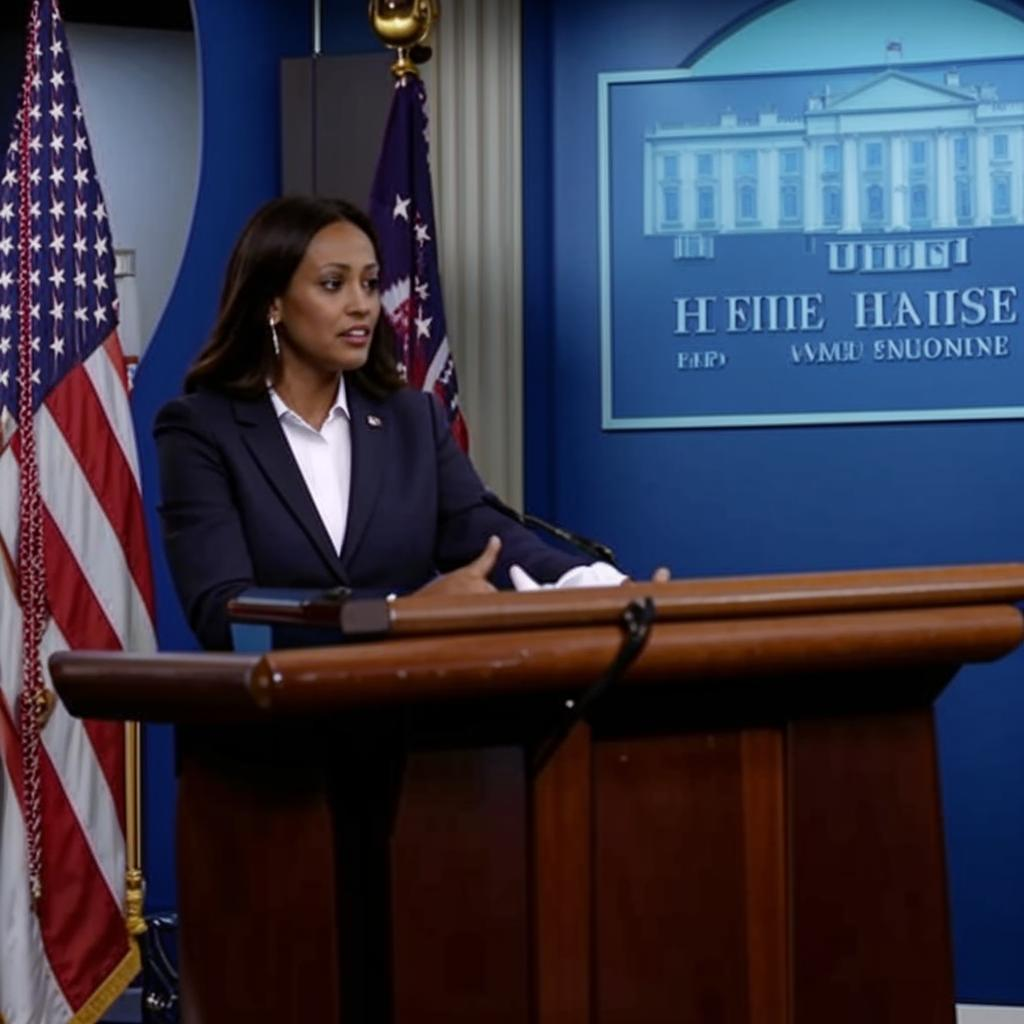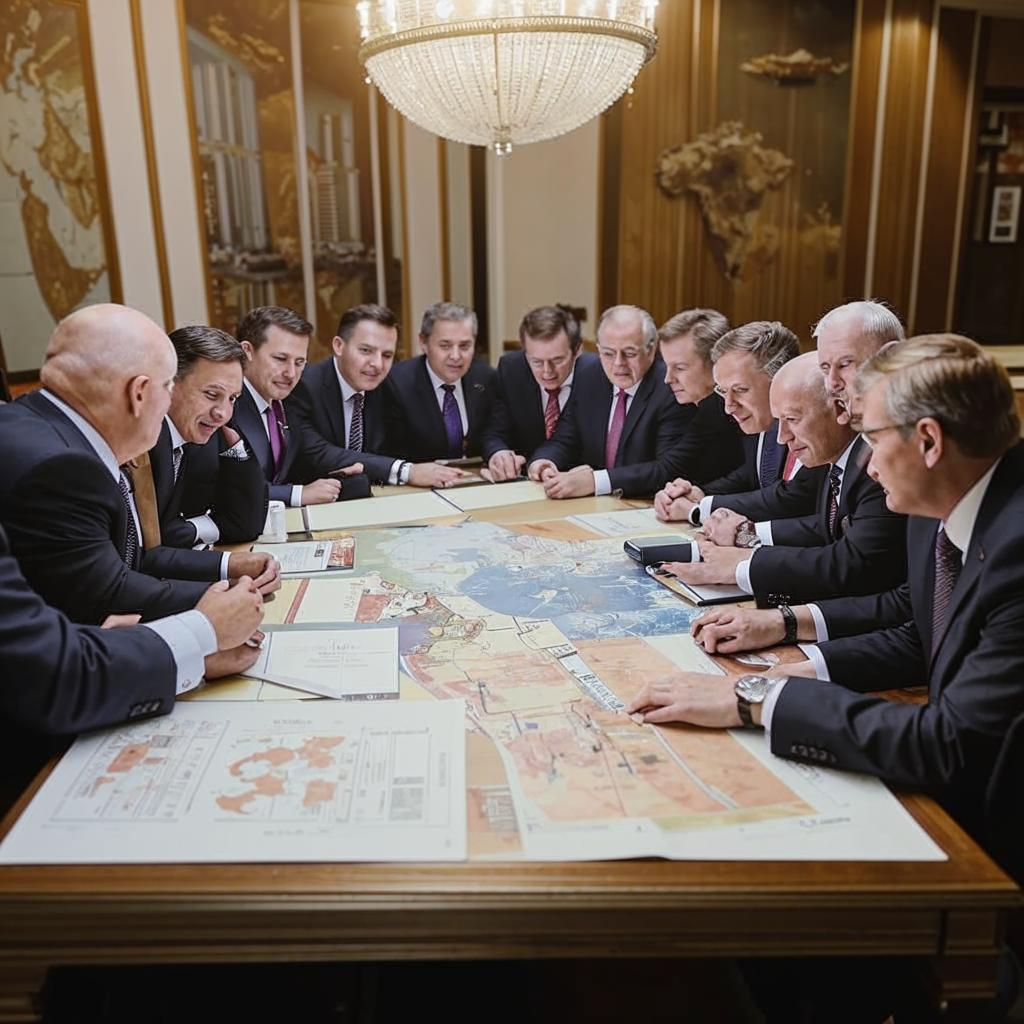Decentralized Autonomous Organizations (DAOs) are emerging as a powerful force reshaping the landscape of philanthropy. Using blockchain technology, DAOs offer a novel approach to charitable giving, characterized by transparency, community governance, and increased efficiency. This new model challenges traditional philanthropic structures, which are often criticized for being opaque and top-down in their decision-making.
DAOs operate through smart contracts, self-executing agreements encoded on a blockchain. These contracts outline the rules governing the organization, including how funds are allocated, how decisions are made, and how members participate. This inherent transparency builds trust among donors and beneficiaries alike, as all transactions and governance processes are publicly auditable on the blockchain.
Furthermore, DAOs democratize philanthropy by empowering communities to collectively decide which causes to support. Members can propose projects, vote on funding allocations, and track the impact of their contributions in real-time. This participatory approach fosters a sense of ownership and accountability, leading to more effective and impactful philanthropic outcomes.
The potential benefits of DAOs in philanthropy are vast. They can streamline administrative processes, reduce overhead costs, and ensure that funds reach intended beneficiaries more efficiently. DAOs can also facilitate cross-border giving, enabling individuals from around the world to support causes they care about, regardless of geographical limitations. The decentralized structure also helps to mitigate corruption, as fund flows are publicly recorded and transparent.
While the adoption of DAOs in philanthropy is still in its early stages, several organizations are already experimenting with this innovative model. Early results are promising, suggesting that DAOs have the potential to revolutionize how charitable giving is conducted. However, challenges remain, including regulatory uncertainty, technical complexities, and the need for robust governance mechanisms. As the technology matures and adoption increases, DAOs have the potential to usher in a new era of transparent, democratic, and impactful philanthropy. Finishtit












